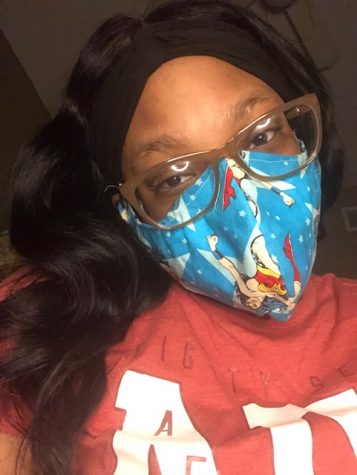Reality TV: Real or a Fantasy

Real or Fake?
Reality TV lets us see a little bit into people’s lives, making a life full of glitz and glam relatable s Commercials and teasers about upcoming episodes are filled with drama and edited to create a juicy storyline.
The popularity of these shows is undeniable. Some estimates suggest that Americans spend half of their free time watching TV, and 67% of what they watch is reality TV (Anohoward).
However, studies show that negativity is mostly what draws people in to watch these shows. According to Hornet Online, reality shows are “create false outlooks on society”.
Influence on Negative Behavior
Reality shows influence people’s behaviors. People who see reality stars do a certain thing may recreate it in their life. When iconic moments happen, whether they are funny or mean, people react to that behavior. In this way, reality TV and social media have a lot in common.
Social media and reality shows can easily persuade people. Like TV, social media portrays lifestyles and many other things as luxury. According to statistics, “21% of teens ‘felt down’ about themselves after looking at social media” (Anohoward). Why wouldn’t this be the same for reality shows?
From the Audience
DSU sophomore Raven Runnels admits to being a reality TV fan. She says Total Drama Island is her favorite because it “highlighted dumb things and over-dramatized things about reality tv.”
For Runnels and others, the unreality of Total Drama Island is the draw. Most of these series are staged, and events are planned out ahead of time.
“I like the overdramatization and just laughing of how dumb some of the scenarios are,” Runnels says.

Kenesia Murphy is a sophomore here at Delta State, and she is from Tutwiler, Mississippi but currently resides in Southaven, Mississippi. Kenesia is an...


